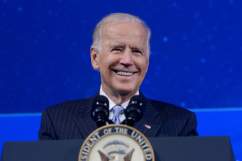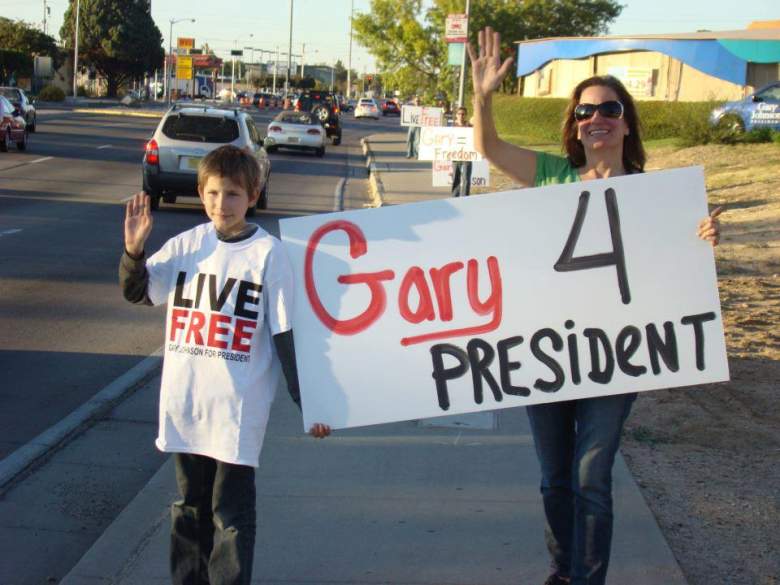
Gary Johnson hasn’t announced a presidential run in 2016 yet, but a recent Facebook post indicated that he is seriously considering running for the Libertarian party. (Facebook/Gary Johnson)
Gary Johnson, former governor in New Mexico, is considering running for president for the Libertarian party. He ran for the Republican nomination in 2012 before ultimately deciding to run as the Libertarian candidate in that election. Although previous reports have said that he announced his candidacy as early as 2014, Johnson’s most recent Facebook post indicates he is still considering whether or not he’s going to run.
Here’s what you need to know.
1. Gary Johnson Said He Might Run for President Because Current Candidates Won’t Change Disastrous Trends
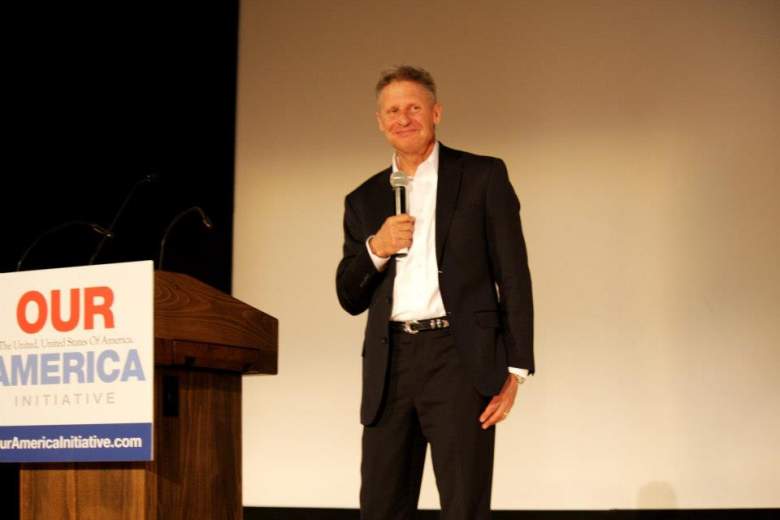
Gary Johnson doesn’t think any of the current candidates are right to turn the country around. (Facebook/Gary Johnson)
In Johnson’s Facebook post, the former New Mexico governor said that current candidates won’t do anything to change the disastrous path we’re already on:
Is there anything about the current field of candidates that even hints at changing the disastrous trends of recent years?”
He’s very disturbed, he said, that more attention is paid to a Kentucky county clerk and Hillary Clinton’s emails than to national security, the country’s huge debt, and big problems with the tax code. Republicans aren’t supporting Jeb Bush, he said, because of a “been there, done that” feeling. And Donald Trump is doing as well as he is because people are so pissed off with the current status quo of politicians. He added that the same is true for Bernie Sanders, who is the Democrats’ version of “none of the above.”
2. He Originally Supported Rand Paul, But Feels He Went Too Mainstream
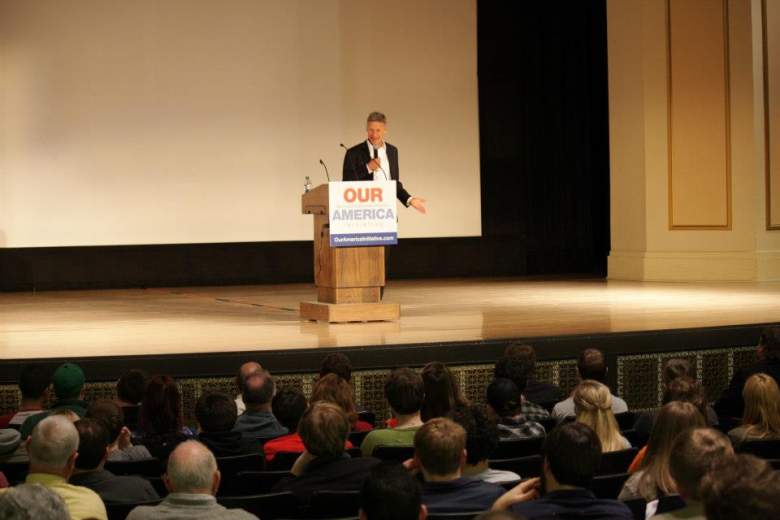
Gary Johnson said he no longer supports Rand Paul because he went too mainstream to stick with the Republican party. (Facebook/Gary Johnson)
Johnson said that he originally wanted to support Rand Paul, whom he felt was close to Libertarian values. But Paul, he wrote, has “sold out” and there is a price to be paid for that:
…(Paul) has emerged with a vague mix of positions that is clearly not compelling. There is a price to be paid for selling out — and he is paying it.”
3. Johnson Refers to Himself as Fiscally Conservative and Socially Liberal
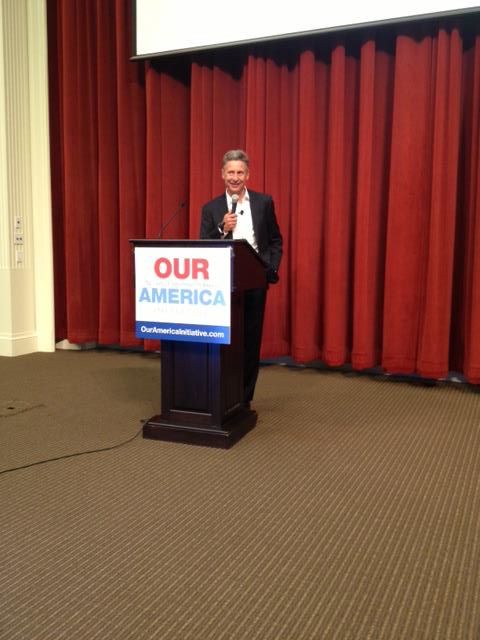
Gary Johnson is fiscally conservative but socially liberal. (Facebook/Gary Johnson)
Johnson, a Libertarian, is fiscally conservative and socially liberal. He supports marijuana legalization, marriage equality, and a woman’s right to choose, for example. In fact, Johnson is CEO of Cannabis Sativa, Inc., a company that sells medical marijuana.
4. Johnson Mentioned an Interest in Running Back in 2014, Which Some Mistook as an Announcement That He Was Running
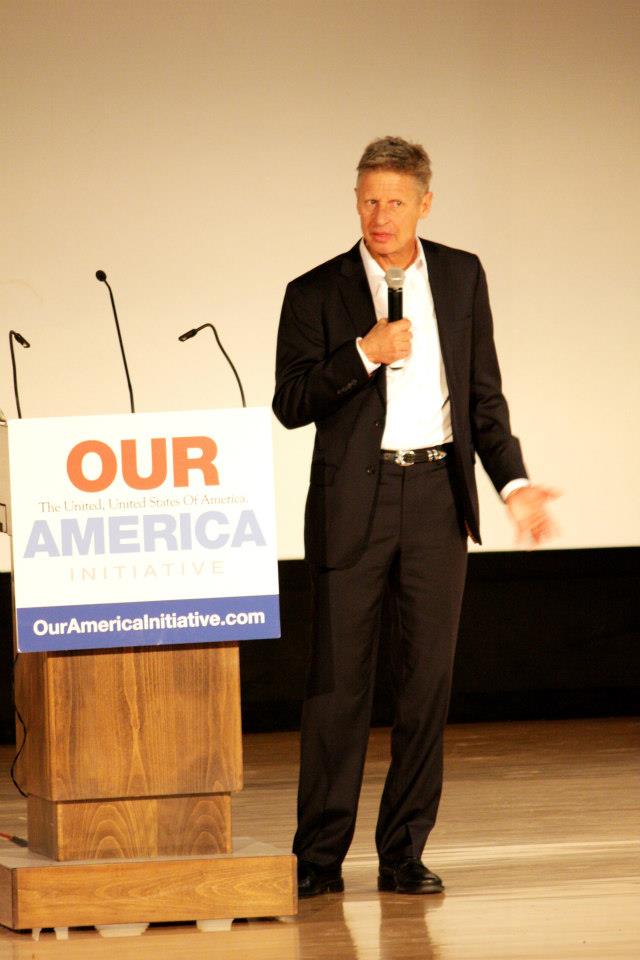
Gary Johnson is still considering running for president. He hasn’t made an official announcement yet. (Facebook/Gary Johnson)
Some people mistakenly believe that Johnson already announced he was running for president back in 2014. But what he really said was that he was open to the idea, not that he actually was running, according to a Newsmax story that ran in November 2014. The headline read “I’ll run in 2016,” but he actually said that he hoped to be able to run again and would like to do so. Johnson has not made an official announcement yet.
5. He Filed a Lawsuit Arguing That Current Rules Make It Too Difficult for Third Parties to Participate in Presidential Debates
Johnson has been a strong advocate of making it easier for third parties to enter the presidential election. He recently filed a lawsuit that is similar to one he filed in 2012, which claims that current rules obstruct third party candidates from being able to take part in presidential debates, IVN reported. The Commission on Presidential Debates, he said, was created to keep third party candidates out of the debates. Current rules require that a candidate rank at 15 percent in an average of five national polls, which he said is biased against third parties because without Democratic and Republican primaries, they don’t generate the same media attention.

